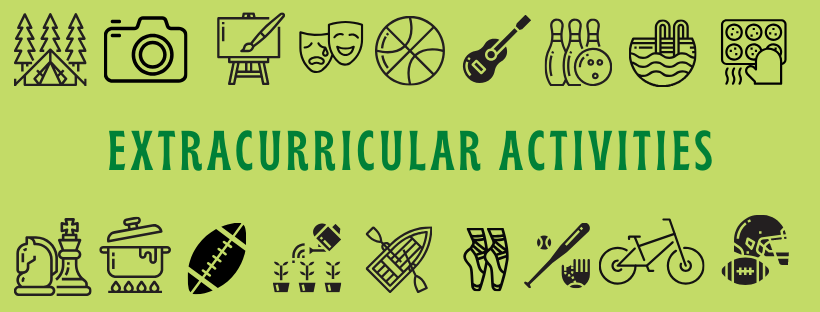During this early part of summer, I am meeting individually with some students from the class of 2021. I am their Senior Advisor. The purpose of our meetings is to see how ready each student is for the college application season.
I have to tell you that we have some excellent students in our Iredell school systems. Most of the students I’ve met with have an extremely high GPA. In fact, several were almost perfect 4.0 unweighted, or 4.5 and above on a weighted scale. These students also had outstanding ACT scores. I’d like to think that this level of talent only exists here in our county, but I’m pretty sure that’s not the case.
So what’s the point in telling you all this? The point is that these students all look very similar when looking at their “numbers”. When only .01 separates one GPA from another, it’s hard to say that one is a better college prospect than the other. It’s not uncommon for many students to have the exact same GPA upon high school graduation.
Test scores–did you know that scores 30-36 on the ACT represent the top 1%? So, all the students in that score range are in the 99th percentile. In other words, they scored better than 99% of the students who took the test in a given year. Can you say that a score of 32 is so much worse than a 35 when they are all so good? It’s hard to make that distinction.
How can a student get noticed in a group with thousands of great college applicants? The answer is extracurricular activities. What students do when they aren’t in school can make them stand out to an admissions officer. Here are a few tips to make your extracurricular activities work. (These same tips apply to scholarship applications.)
1. Find 2 or 3 activities that you enjoy and stick with them. Admissions officers don’t expect students to take part in 20 or 30 clubs, sports, or hobbies. In fact, they would rather see depth in participation instead of breadth.
2. How to get “depth”? Show growth in the activities you choose. Did you become a captain, officer, or committee chair? For these activities to be meaningful, you have to actually participate—not just join. And, being an officer doesn’t mean much if you can’t give examples of how you helped lead the organization.

3. Seek and accept leadership positions and then shine! Grow the group, plan new events, rally fellow students around a cause.
4. Make sure at least one of your activities involves community service. You’ll feel great about what you do to help. And you’ll learn more than you can imagine by volunteering.
5. If you need to work a part-time job, don’t sweat it. This is also an extracurricular activity. Admissions officers value strong students who work.
6. On your college application, be sure to rank your activities. List the best or most impressive ones at the top. If you don’t know which those are, ask your Crosby Scholars Senior Advisor, a parent, teacher, or friend. They will know!

Finally, summer is the perfect time to enjoy some extracurricular activities. If you are starting high school, find out what clubs your school has and make a plan to join at least one. If you’re an athlete, use your summertime to build your skills and abilities. If you like fine arts, learn a new dance, painting technique, monologue, or new instrument. Keep a growth mindset and enjoy your summer.


